Turning failure into success
Coach Mayo shares job hunting advice, teaching experiences
Fresh out of college, Coach Brady Mayo was ready to take on the world. He knew he liked baseball, he liked kids and he wanted to coach, but he wasn’t prepared for the daunting interview process involved in job hunting, which included seemingly simple questions like “Do you have any questions for us?”
“That’s a very important question to be able to get right,” Mayo said. “You need to have an answer, and my answer was ‘What is the pay?’ That’s something you could find out on your own, and it was definitely not appropriate. And I lost the job because of that question.”
Now a Principles of Business, Business Law and Global Business teacher, Mayo strives to prepare students for life after high school, impart them with interview and resume skills he’s picked up from his own experiences, and help them discover what path they want to take in adulthood.
“I’ve had several students that have asked me to help them with the interview questions, and they’ll come into my classroom, and I’ll take them through an interview process,” Mayo said. “And I’ve had three or four students come back and say they got the job, and it was because of the interview. It just gives them confidence if they understand the kind of questions they’re going to be asked and they know how to answer them,”
Mayo understands the crucial point students are at in deciding their future, and stresses finding a skill or trade in high school. To help students understand the importance of networking and a good resume, he brings in speakers from different professions to spark interest in students.
“We had a man come in who owned his own surveying company, and he told the students all about the serving equipment and what the entry level job looks like,” Mayo said. “He was actually looking for some high school graduates to start right away, learning the basics of surveying and helping survey land. One of the students landed a job.”
Mayo frequently meets students who have no idea what they want to do in life. This is part of the reason he brings in speakers; so students can see what matches their interests and what they would be interested in pursuing as a career.
“I think it’s important for kids to figure out what pathway they want to take,” Mayo said. “Get to know yourself. ‘What are you interested in and what is your personality like?’ For example, a lot of these students love video games, and they’re really good at it. And I said, ‘Well, have you ever thought about getting into video game design?’ And they say ‘Wow, that would be really cool.’”
Mayo introduced his students to websites like Virtual Job Shadow, which allows students to watch videos of employees at various jobs, what they do on a daily basis and what their responsibilities are.
“Students will start saying, ‘Hey, I haven’t thought about this job but that sounds like something that matches my interests,’” Mayo said. “And we do have career interest surveys, so they’ll take surveys and figure out: ‘Okay, these are some traits I have. Here’s some things to avoid, because I’m not very good at those.’”
Students join Mayo’s class aspiring to become entrepreneurs. “I like coming to this class because it helps me with the law. I feel like I’m more informed on how to start my own business when I get older,” sophomore Denzale Chevis said.
Ronavan Walker, a sophomore in Mayo’s Principles of Business class, said that in this class, he feels as though he isn’t alone.
“He makes me feel safe,” Ronavon said. “I get to learn about laws that can help me in my life.”
Occasionally, Mayo comes across students with no interest in his class or in school.
“They are this way because they lack confidence or have insecurities about their own lives, and they need someone to care,” Mayo said.
A student he once taught who could not read reminds Mayo of his younger self.
“He was just sitting there, wouldn’t do any work at all, and it was because he had so much shame about his reading skills,” Mayo said. “When I discovered that, I came alongside him and helped him by reading to him, and helping him read back to him. I gave him some individual attention that he desperately needed.”
Mayo knows all about shame. In fourth grade, he read at a first grade level. Having a teacher take interest in him and love him so he could love himself was fundamental to his growth. During another turning point in his life, Mayo would meet Miss Lancaster, his economics teacher at Bellaire, which he graduated from in 1985.
“I was one of those kids. I sat there, and I was just going through the motions,” Mayo said. “Instead of getting angry at me for not having any interest, she gave me confidence and built me up. She was able to take a dead student, and make them alive again. She really helped me see that I could do this [academically].”
Mayo strives to make the same impact on his students today. He wants to show his students that failure is not a bad thing, so that they can take that failure and make it a good thing.
“I love students,” Mayo said. “I love to see kids grow. I love to see that light bulb come on. Just to watch kids become better people. To me that’s the most beautiful thing there is: to watch a dead student start walking with a new walk and a new spark in their eye. There’s nothing better than to see that.”
Your donation will support the student journalists of Bellaire High School. Your contribution will allow us to purchase equipment and cover our annual website hosting costs.


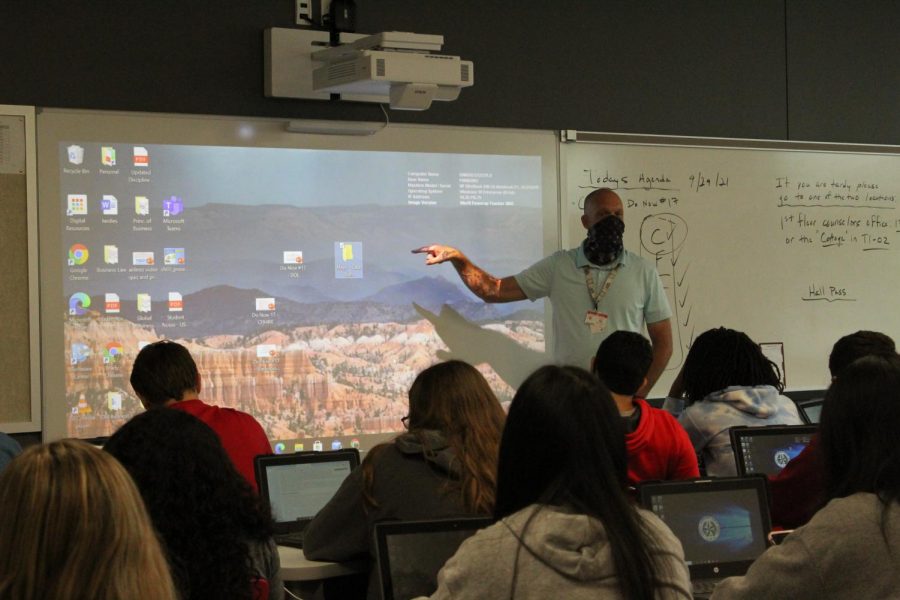
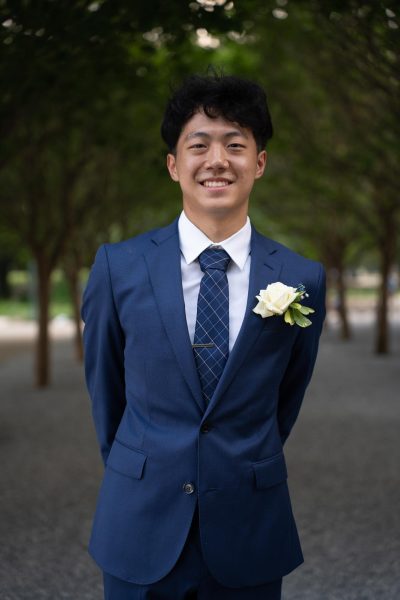
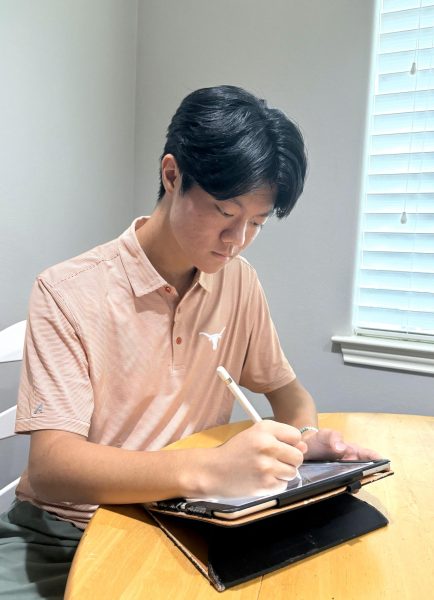
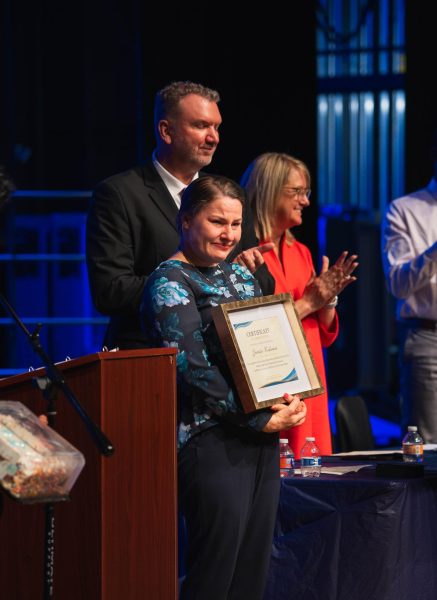
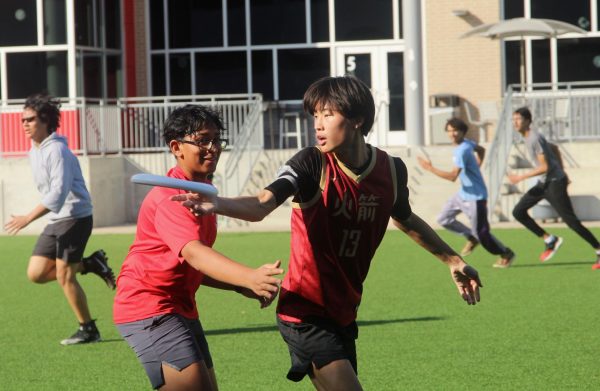

Joseph Little • Sep 30, 2021 at 9:08 pm
A testimony as to how teachers can impact the lives of their students. I know Coach Mayo. He is a kind, gentle hard working man. He has been knocked around a bit in life but has taken these experiences and learned from them. He shares openly and honestly. And people love learning from him. Good show Coach Mayo!
Brady Mayo • Sep 30, 2021 at 2:33 pm
This is an excellent article. Not because it is about me, but because the author of this article has some incredible skills that will help her achieve her goals. I am very impressed!